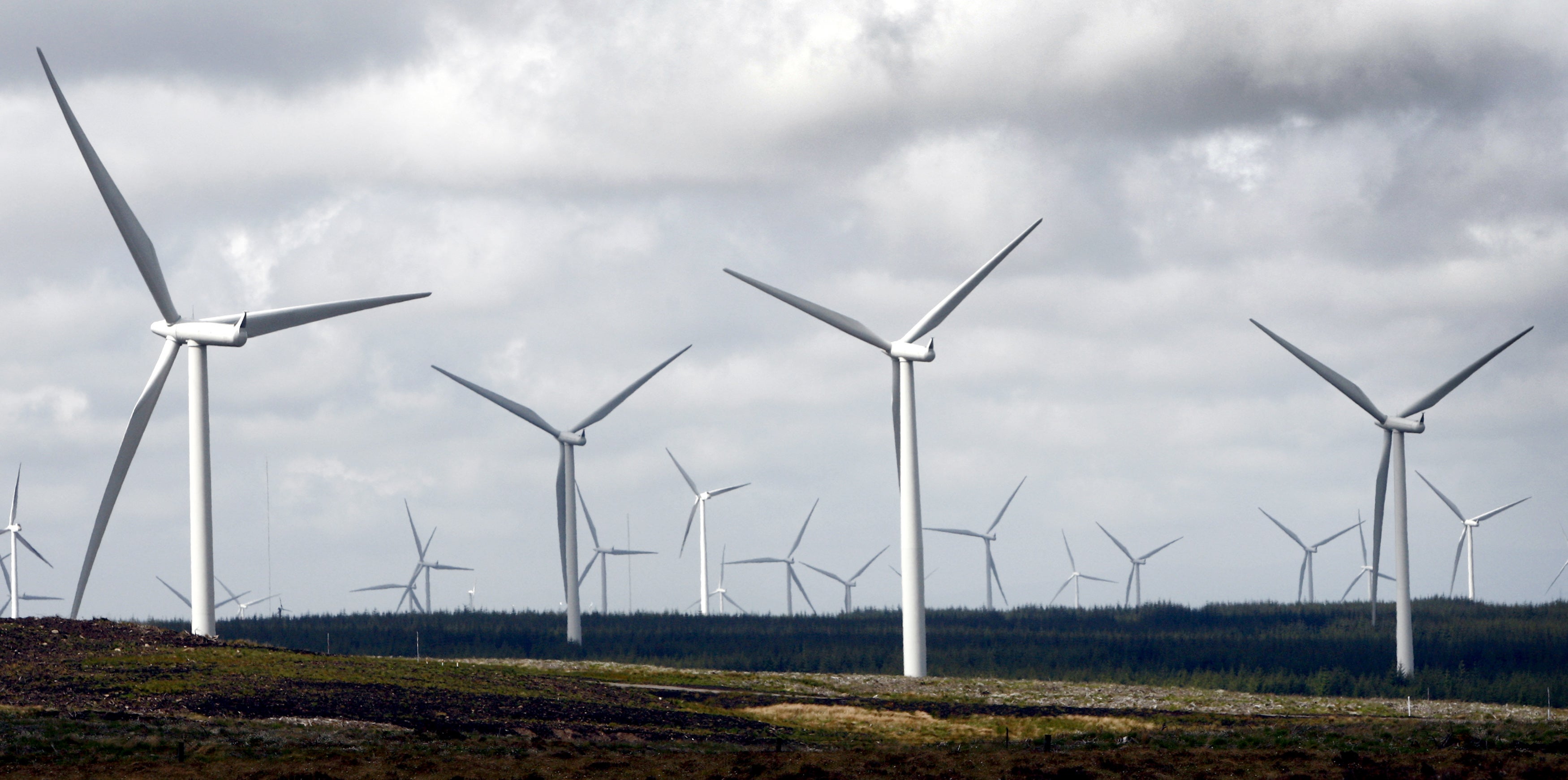Power firm windfall tax could ‘jeopardise’ cutting bills and carbon – Energy UK
The Chancellor has indicated he might extend the levy tax to some wind power generators, among others.

Your support helps us to tell the story
From reproductive rights to climate change to Big Tech, The Independent is on the ground when the story is developing. Whether it's investigating the financials of Elon Musk's pro-Trump PAC or producing our latest documentary, 'The A Word', which shines a light on the American women fighting for reproductive rights, we know how important it is to parse out the facts from the messaging.
At such a critical moment in US history, we need reporters on the ground. Your donation allows us to keep sending journalists to speak to both sides of the story.
The Independent is trusted by Americans across the entire political spectrum. And unlike many other quality news outlets, we choose not to lock Americans out of our reporting and analysis with paywalls. We believe quality journalism should be available to everyone, paid for by those who can afford it.
Your support makes all the difference.A windfall tax on the UK’s power generators might push up household energy bills in the long term, the industry’s trade body has warned.
Energy UK said if the Chancellor extends the tax on oil and gas companies to those who build wind turbines, he might “jeopardise” the path to cutting both bills and emissions.
“The next decade will be critical in ensuring sufficient investment to reach both our climate change and domestic energy security targets,” said Energy UK deputy director Adam Berman.
“Generation is a long-term industry, with investment horizons that span decades and a windfall tax on generators could delay and raise the cost of these investments – at the very time that we need to increase spending to meet the Government’s own aims.
“We need to make investment in cheap, clean, domestic generation easier – not harder – and with electricity demand set to double by 2035, a windfall tax would jeopardise our pathway to energy security, net zero, and reliable low-cost electricity.”
Chancellor Rishi Sunak put a 25% windfall tax on the companies that extract oil and gas from the North Sea last month.
But he also said that officials are examining how to extend this tax to other companies in the energy sector.
This could include firms that built wind farms before the introduction of the so-called Contracts for Difference (CfD) subsidy scheme over half a decade ago.
We need to be very careful of any actions that could inadvertently push up the cost of investing in new generation, forcing consumers to pay higher energy bills for longer
Gas still accounts for a large proportion of the UK’s electricity generation, meaning that as gas prices spiked over the last year electricity has also become more expensive.
Therefore the price that customers pay for wind-generated electricity has also risen sharply, even though the costs for running a wind farm have remained largely unchanged.
This is not a problem for CfD-based wind farms. They are guaranteed a price for every megawatt hour they produce, so if the price is below that point their payments are topped up, and if it rises above that point they have to pay back the difference.
Instead it is the money made by older wind farms, and other generators in similar positions, that the Chancellor is now thinking he might target.
But critics have said this could be damaging for a sector that needs more investment than it has seen in decades to help the UK decarbonise.
If homes are to be heated and cars run on green electricity, hundreds of billions of pounds will be needed for new wind and solar farms and other technology.
Energy UK said that the industry is investing more than £100 billion this decade bringing new sources of energy online.
“Customers are facing a cost-of-living crisis that has been driven by international gas prices, so while the support package announced recently was very welcome we also need to be very careful of any actions that could inadvertently push up the cost of investing in new generation, forcing consumers to pay higher energy bills for longer,” Mr Berman said.
“Generators have already invested billions of pounds of investment and, given the right framework, are ready to deliver billions more to help the country reach its climate change targets and reduce our dependence on the volatile fossil fuel prices that are causing record energy costs for customers at present.”